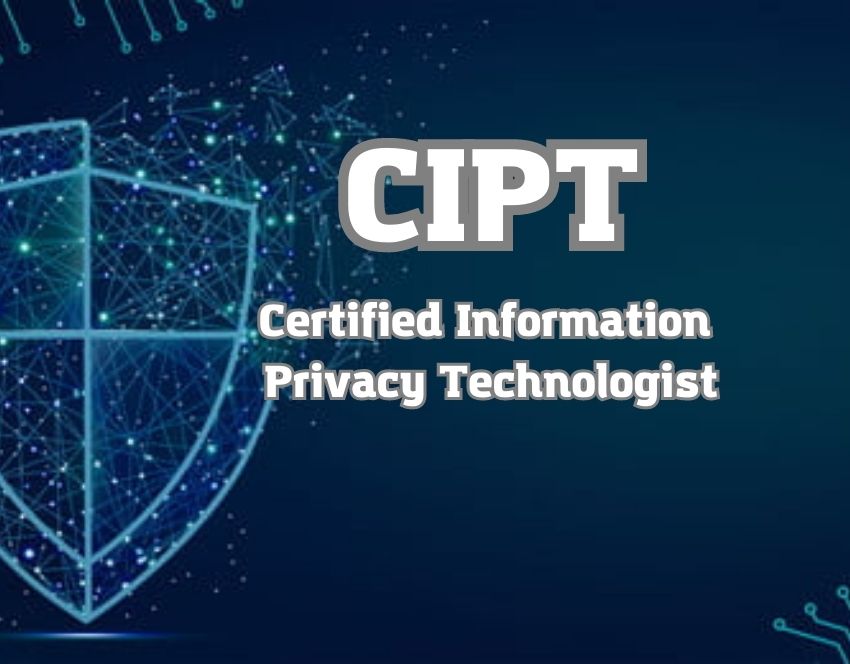1: Introduction to Privacy Concepts and Terminology
1.1 What is data privacy? (Ref: Certified Data Privacy Solutions Engineer (CDPSE))
1.2 Key privacy terminology and principles
1.3 Privacy in the context of IT
1.4 Importance of privacy in technological design
1.5 Overview of global privacy regulations (GDPR, CCPA, etc.)
2: Privacy Laws and Regulations
2.1 Understanding key privacy laws (GDPR, CCPA, HIPAA)
2.2 Cross-border data transfers and compliance challenges
2.3 Sector-specific privacy requirements
2.4 Data retention, deletion, and portability requirements
2.5 Case studies on compliance and non-compliance
3: Information Life Cycle and Privacy Implications
3.1 The stages of data (collection, storage, processing, transfer, deletion)
3.2 Privacy concerns at each stage of the data life cycle
3.3 Best practices for minimizing privacy risks
3.4 Data minimization and purpose limitation
3.5 Data governance structures for privacy
4: Privacy by Design and Default
4.1 Core principles of privacy by design
4.2 Embedding privacy into the system development lifecycle (SDLC)
4.3 Privacy risk assessments in the design phase
4.4 Techniques for ensuring privacy by default
4.5 Examples of privacy by design in real-world applications
5: Privacy Engineering
5.1 Fundamentals of privacy engineering
5.2 Techniques for implementing privacy controls in software and systems
5.3 Privacy-enhancing technologies (encryption, pseudonymization, anonymization)
5.4 Engineering for consent management and user rights
5.5 Testing privacy controls in IT solutions
6: Data Protection and Information Security
6.1 Data security fundamentals and the relationship with privacy
6.2 Implementing security controls to protect personal data
6.3 Encryption, hashing, and secure storage techniques
6.4 Incident response and data breach management
6.5 Technologies to monitor and enforce data privacy
7: Privacy Impact Assessments (PIAs)
7.1 Understanding PIAs and when they are required
7.2 Steps for conducting PIAs effectively
7.3 Risk assessment methodologies for privacy
7.4 Documenting PIAs and integrating results into design
7.5 Use cases and lessons learned from real PIAs
8: Emerging Technologies and Privacy
8.1 Impact of emerging technologies on privacy (AI, IoT, blockchain)
8.2 Privacy concerns with big data and machine learning
8.3 Privacy implications of cloud computing
8.4 Assessing the privacy risks of new technology deployments
8.5 How to future-proof privacy in evolving tech landscapes
9: Managing Third-Party Privacy Risks
9.1 Risks associated with third-party data processors
9.2 Conducting due diligence on vendors
9.3 Drafting and enforcing data processing agreements (DPAs)
9.4 Continuous monitoring of third-party compliance
9.5 Case studies on third-party data breaches and privacy risks
10: Implementing Privacy in IT Operations
10.1 Integrating privacy into daily IT operations
10.2 User access control, audit trails, and logging
10.3 Data classification and handling practices
10.4 Managing privacy incidents and breaches
10.5 Creating privacy-resilient IT infrastructures
11: Monitoring and Auditing Privacy Programs
11.1 Techniques for monitoring privacy compliance
11.2 Privacy metrics and KPIs
11.3 Tools for automating privacy compliance checks
11.4 Conducting privacy audits and assessments
11.5 Continuous improvement of privacy programs
12: Certification Exam Preparation
12.1 Review of core concepts and exam topics
12.2 Practice exam questions and test strategies
12.3 Time management tips for the certification exam
12.4 Addressing common challenges in the CIPT exam







Reviews
There are no reviews yet.